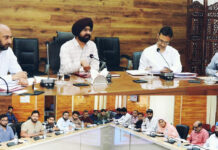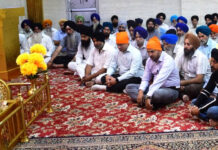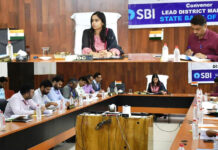NEW DELHI, July 18
To address backlogs and expedite resolution of cases, tax experts and industry executives have asked the government for the capacity expansion of the Customs Authority for Advance Ruling (CAAR), which currently has only two benches in the country, in Delhi and Mumbai.
Sources say that several representations from the industry have been made regarding the same to the finance ministry in the pre-Budget meetings, but the government is unlikely to announce any expansion in the upcoming Budget for 2024-25, set to be presented on Tuesday.
The Customs Authority for Advance Ruling (CAAR) is a legal body under section 28H of the Customs Act, 1962, that issues clarification and imparts certainty to the taxpayers by addressing doubts and concerns regarding the classification of goods, determination of customs valuation, and other related issues.
Amidst sharp rise in trade transactions surge and regulations becoming more intricate, the demand for specialised knowledge and resources has intensified. “This has led to a substantial backlog of cases, causing delays that disrupt supply chains and increase business costs,” noted Ankur Gupta, practice leader – Indirect Tax at SW India. Sources say that the Delhi and Mumbai benches of CAAR have issued over 100 and 200 rulings, respectively, in the past 3 years; yet a huge number of applications are pending adjudication with both these benches.
The ASSOCHAM Tax Council has suggested establishment of at least two more benches, to cover south and east India, as a considerable number of applications are also filed for trade involved in ports in south and east of the country, namely Chennai, Hyderabad, Kolkata, etc.
Tax experts say that with expansion, the CAAR can integrate additional specialised expertise across various facets of customs law. Different regions encounter distinct challenges concerning customs classification, valuation, and determination of origin. “Hence, by broadening its scope and enhancing specialisation, the authority can elevate the standard of its rulings, delivering more accurate and pertinent guidance to businesses,” said Yogesh Kale, executive director, Nangia Andersen. Also, its expansion can help in delivering the ruling within the prescribed time frame (three months) more consistently by distributing the workload among more benches, he said.



























